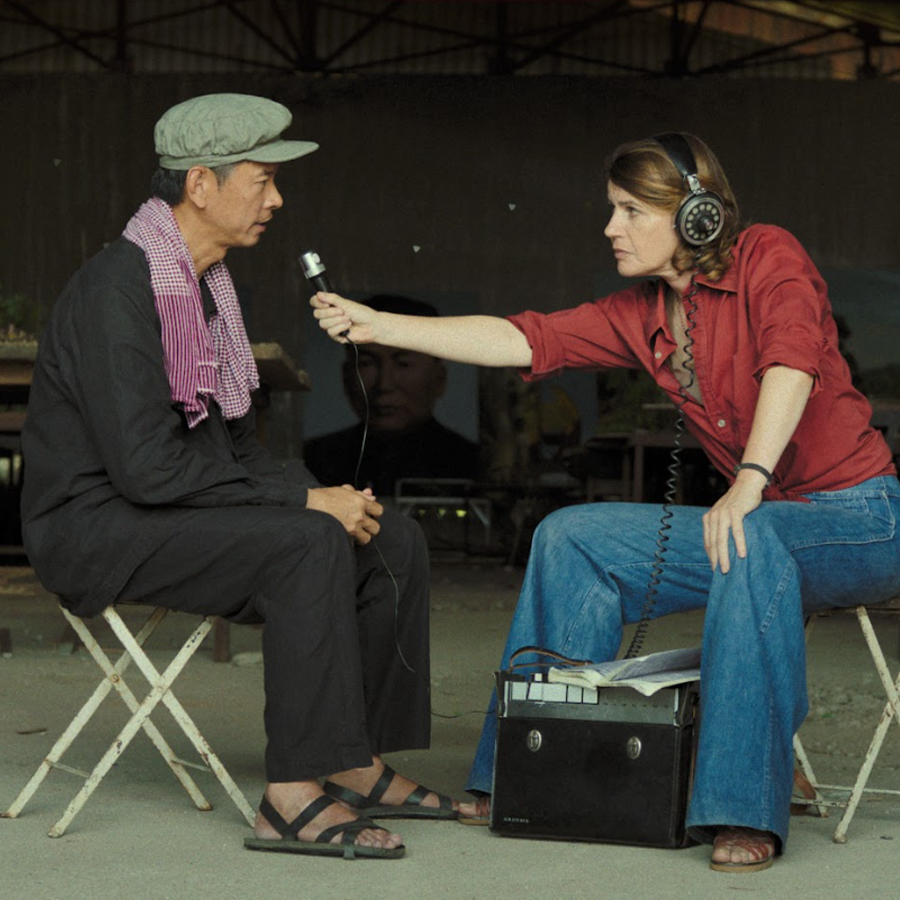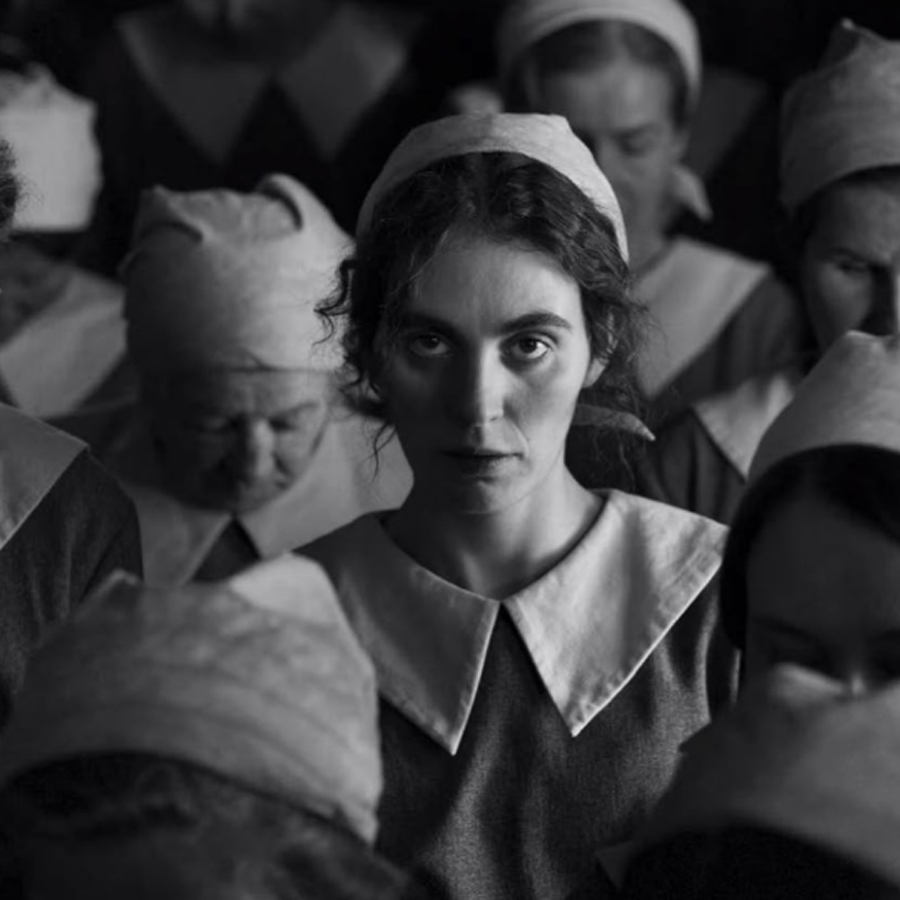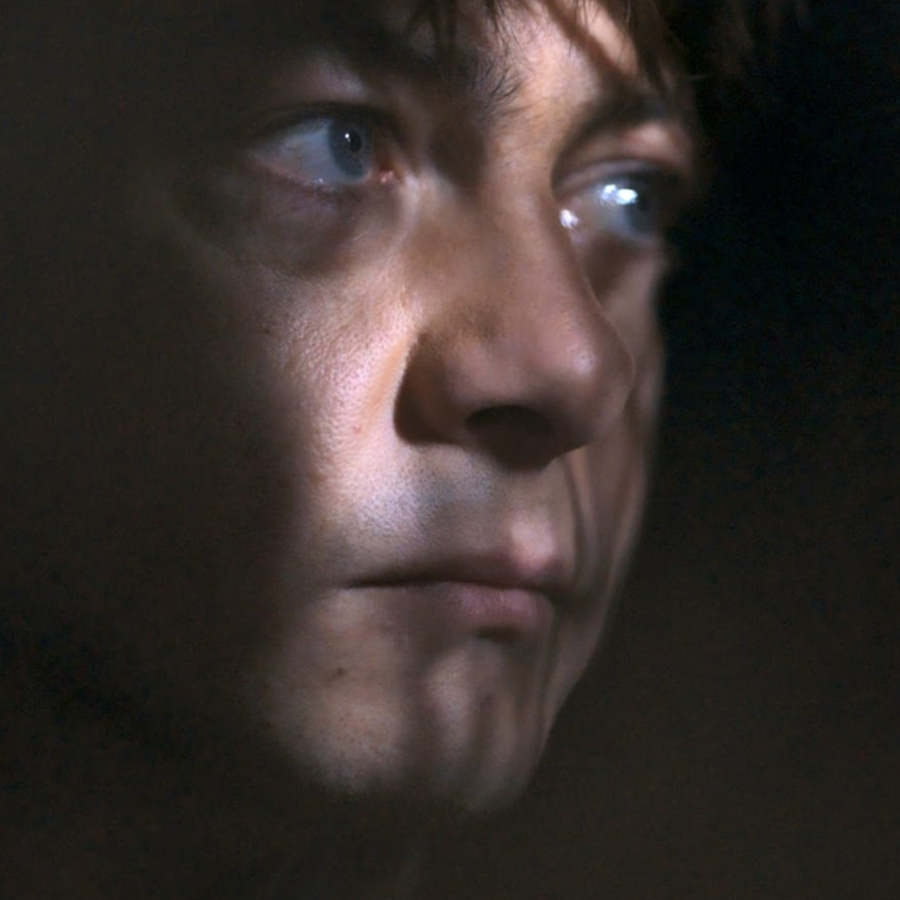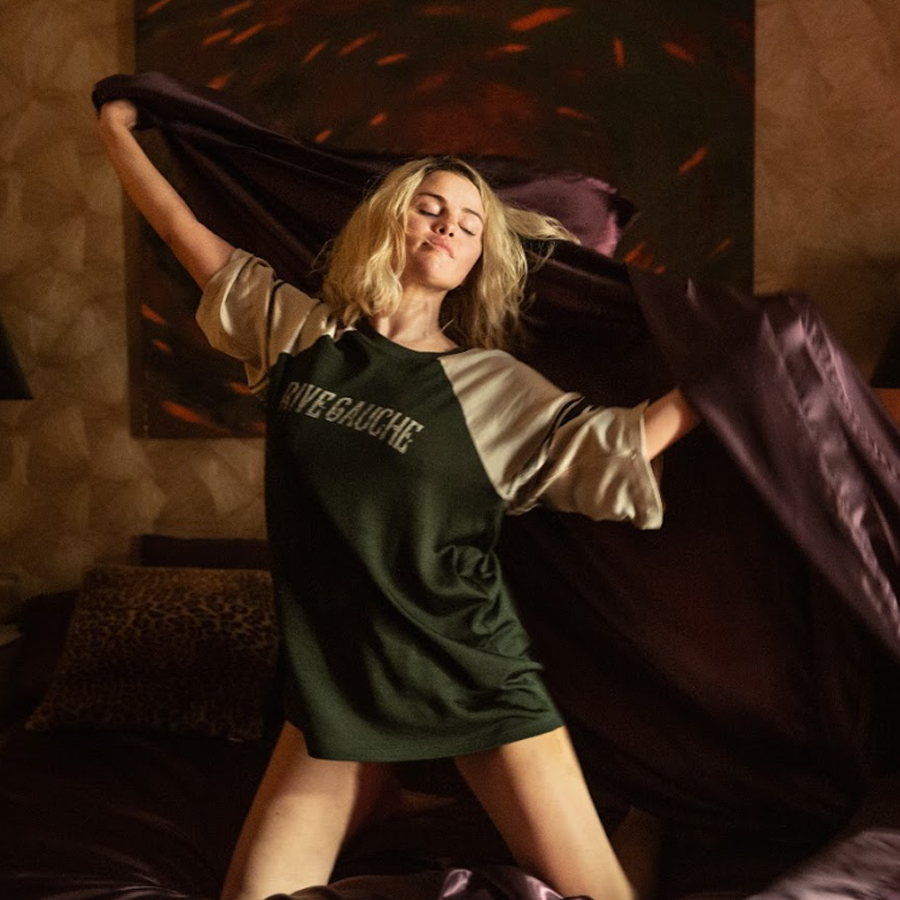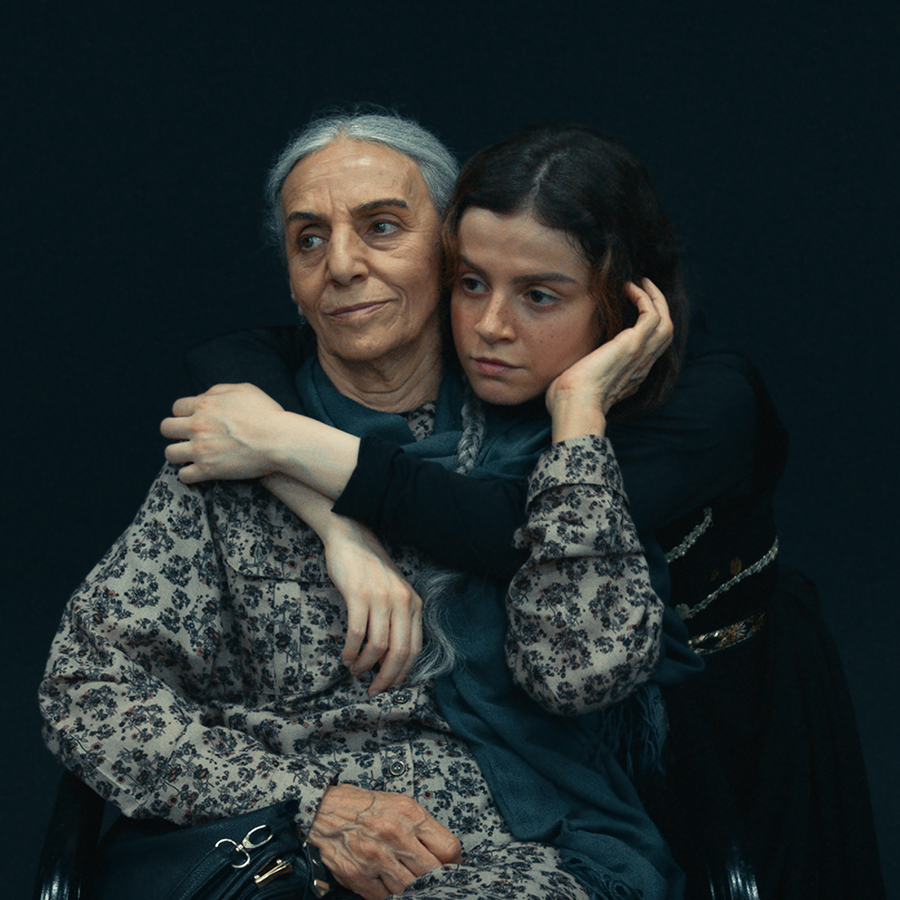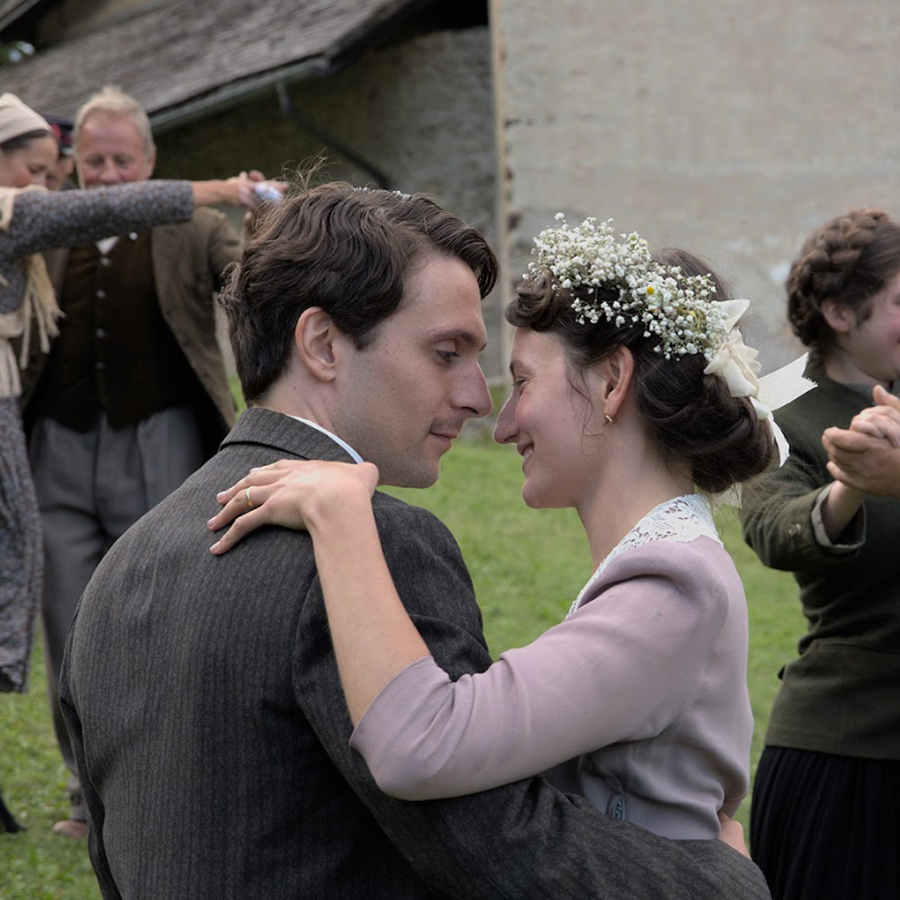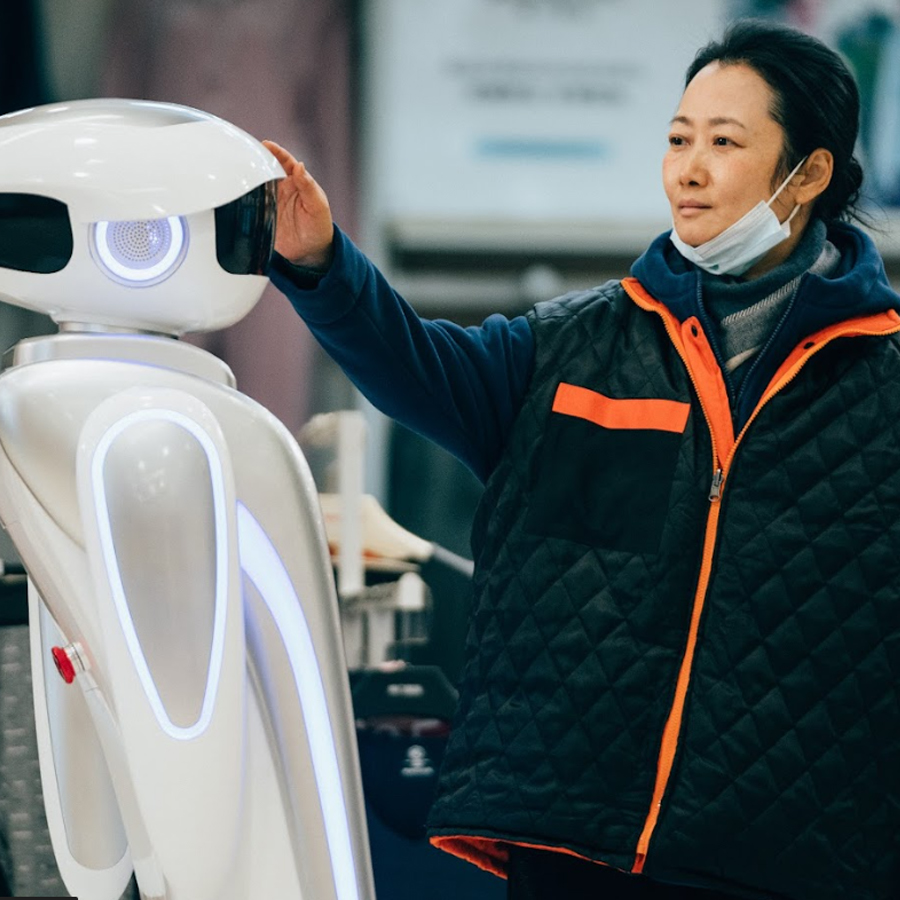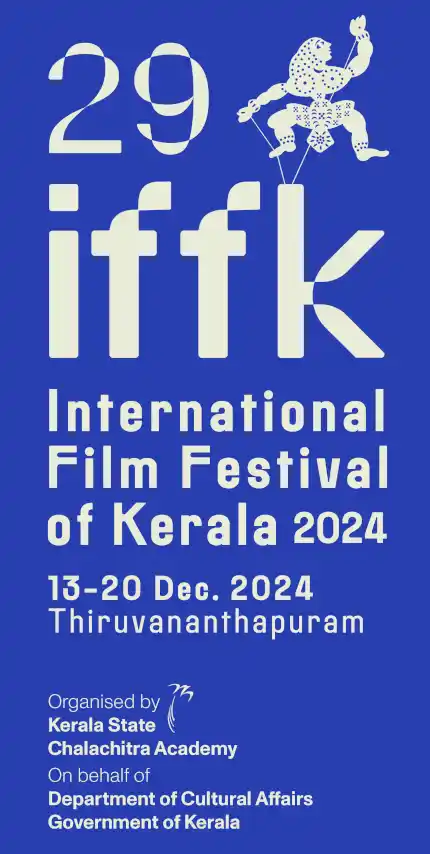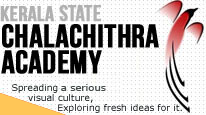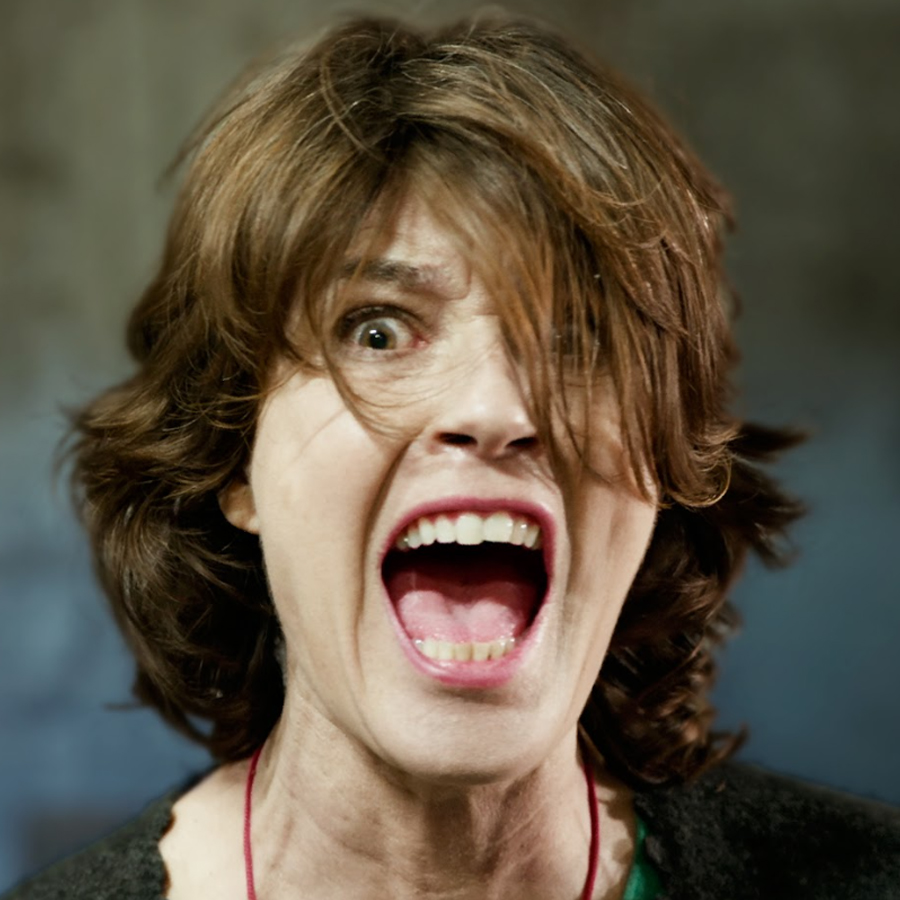
Festival Favourites
Shikun / Shikun
Screening Schedule
Screening 1
- 15th December
- 6.00 pm
- Sree Padmanabha
Screening 2
- 17th December
- 9.30 am
- new 2

Screening 3
- 19th December
- 3.00 pm
- audi 1

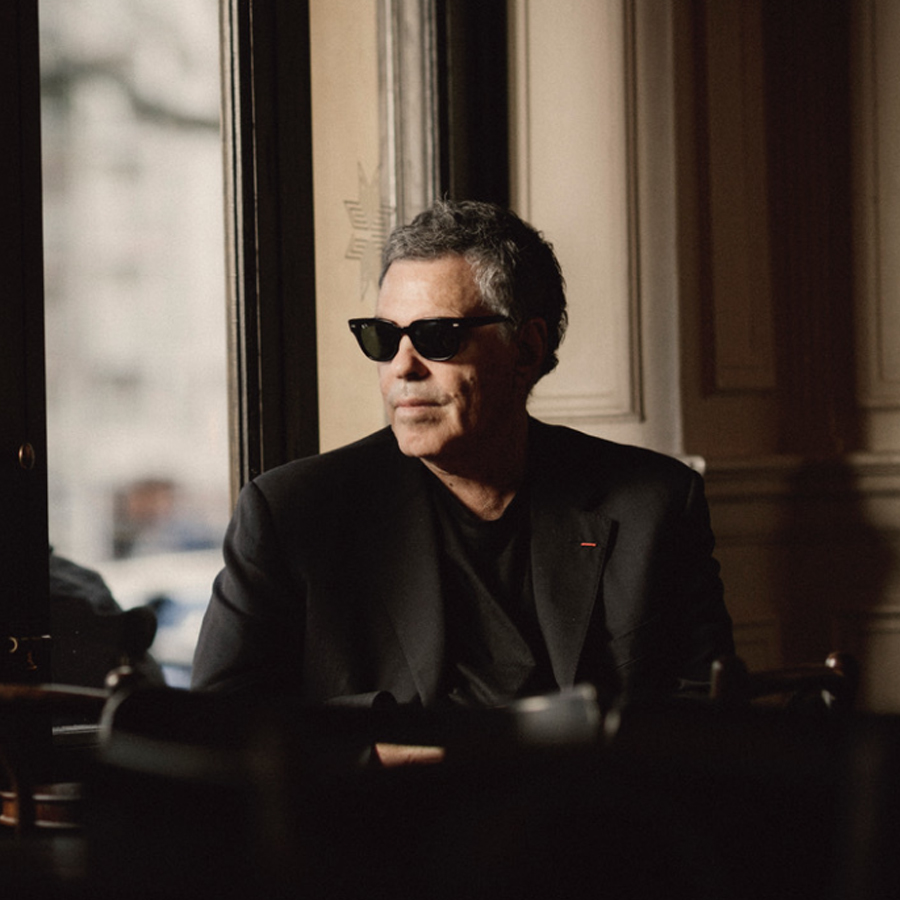
Amos Gitai
Director's bio
Amos Gitai
Amos Gitai, born on October 11, 1950, in Haifa, Israel, is a renowned Israeli filmmaker and artist. Gitai's career in filmmaking began during the Yom Kippur War in 1973, when he used a Super 8 camera to document the war while serving in a helicopter rescue crew. His first documentary, "House" (1980), focused on a house in West Jerusalem and marked the beginning of his exploration of the Israeli socio-political landscape. Gitai has directed over 90 works, including feature films, documentaries, and experimental projects. His films often address themes of conflict, identity, and displacement. Notable works include "Kadosh" (1999), "Kippur" (2000), "Free Zone" (2005), and "Rabin, the Last Day" (2015). Gitai's films have been featured in major retrospectives at institutions such as the Pompidou Center in Paris, the Museum of Modern Art (MoMA) in New York, and the British Film Institute in London. He has received numerous awards, including the Leopard of Honour at the Locarno International Film Festival (2008), the Roberto Rossellini Prize (2005), and the Legion of Honour (2017).
Synopsis
A diverse cross-section of Israeli society converges in a single multi-use building, the Shikun. As people of different languages, origins and generations come together in highly theatrical encounters, they grapple with the current state of affairs. In a poignant metaphor inspired by Eugène Ionesco’s famous play “Rhinoceros”, some begin to turn into rhinoceroses, while others resist.
Details of Cast
Irène Jacob, Yaël Abecassis, Menashe Noy, Minas Milad Qarawany, Hana Laslo, Naama Preis, Helena Yaralova, Bahira Ablassi, Amnon Rechter
Details of Crew
Louis Sclavis (Music), Éric Gautier (Cinematography), Simon Birman (Editor), Yuval Orr (Editor), Ronen Nagel (Sound Designer)
Producer Details
Amos Gitai, Laurent Truchot
Writer Details
Amos Gitai, Rivka Gitai, Marie-Jose Sanselme
Stills



